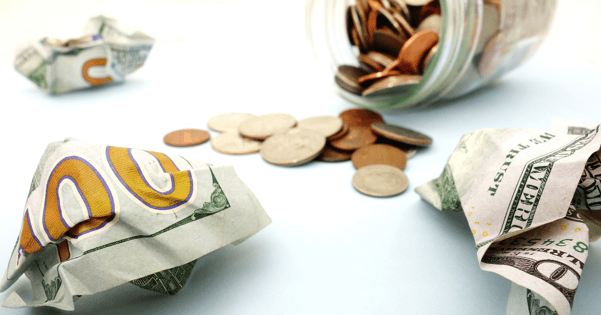Markets appear to have decided that Jackson Hole will be the next key event in gauging the Fed’s path, in a week filled with a slew of US policy makers’ hints on US monetary policy’s next step. However, US Consumer Confidence Index suggested that the Fed may contemplate before officially kicking off the tightening tools.
US consumer sentiment plummeted in early August to the lowest level in nearly a decade as Americans grew more concerned about the economy’s prospects, inflation and the recent surge in coronavirus cases.
The University of Michigan’s preliminary sentiment index fell by 11 points to 70.2, the lowest since December 2011, showed in data released on Friday. The figure fell short of all estimates. The slump in confidence risks a more pronounced slowing in economic growth in the coming months, if consumers rein in their spending. The recent deterioration in sentiment highlights how rising prices and concerns about the delta variant’s potential impacts on the economy are weighing on Americans.
Consumers have predicted that the economy’s performance will diminish over the next several months, but the extraordinary surge in negative economic assessments also reflects an emotional response, mainly from dashed hopes that the pandemic will end soon.
Despite record job openings, only about 36% of respondents expect a decline in the jobless rate, down from 52% the prior month. Consumers have also become downbeat about their income prospects as the gauge of expected personal finances fell to a seven-year low.
However, it is yet to be seen how rising concerns about the delta variant will impact the Conference Board’s measure when it is released at the end of the month. US equities continue to increase to record levels after briefly pausing, following the report, while the yield on 10-year Treasury notes and the dollar fell.
Consumers expect inflation to rise by 3% over the next five to ten years, an increase from the 2.8% seen last month, matching the highest level since 2013. They expect prices to advance by 4.6% over the next year, a slight pullback from the 4.7% in the July survey.
Rising prices are clearly impacting the Americans’ budgets, especially those with lower or fixed incomes. Nearly a third of those aged 65 or older complained that inflation has lowered their standard of living, as well as a fourth of those with incomes in the bottom third or with a high school education or less. The Michigan report showed that buying conditions deteriorated to the lowest since April last year.
Concerns about the variant have accelerated in recent weeks. Several US cities have reintroduced mask requirements, and events, such as the upcoming New York International Auto Show, have been cancelled. Several companies, including Alphabet Inc.’s Google, Amazon.com Inc. and BlackRock Inc., have also recently pushed back plans to return to the office.
Fullerton Markets Research Team
Your Committed Trading Partner














